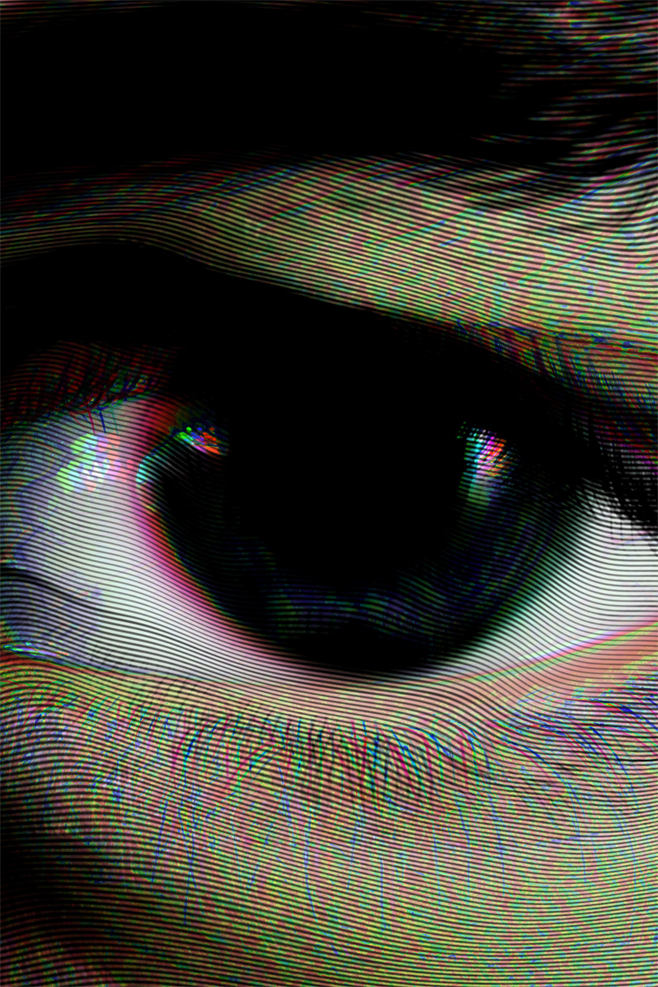
Observer’s Videogame Aesthetic
This story is an excerpt from Unwinnable Monthly #100. If you like what you see, grab the magazine for less than ten dollars, or subscribe and get all future magazines for half price.

The notion that games are art or that they have something to say about our world, some salient points to observe about capitalism, potential futures or mental health, or whatever it may be, has become very profitable. In the face of television’s ostensible Golden Age and an inexplicably febrile (read: superficial and uncultured) film press, which nowadays discusses even fucking superhero movies like they’re Ophulsian dramas, I understand why the creators and audience for videogames have gotten concerned, because what do games have to offer, historically? Distractions. A chance to be a part of a culture where you and the culture’s other members can share experiences and references that are meaningful really only to you; a reassuring sense of being understood and belonging to something that is yours. All of these things are ambiguously valid, but when it’s like every Netflix original series is a masterpiece, there’s mounting pressure, I imagine, on every videogame artist and critic, to produce and justify games as intellectually worthwhile.
 I don’t feel gleeful or like I’ve escaped from my complexes when I play a videogame anymore. I feel like I’m missing out on something, like I’m wasting time, and that even by my sitting in front of my television and PlayStation I’m giving my endorsement to a culture that is, somehow, rapidly staying still and that that endorsement is again, somehow, paradoxically, expediting this culture’s artistic non-growth…
I don’t feel gleeful or like I’ve escaped from my complexes when I play a videogame anymore. I feel like I’m missing out on something, like I’m wasting time, and that even by my sitting in front of my television and PlayStation I’m giving my endorsement to a culture that is, somehow, rapidly staying still and that that endorsement is again, somehow, paradoxically, expediting this culture’s artistic non-growth…
…Enter Observer, by Bloober Team. Set in a dismal near future, when rich companies run the government and Everyone Else lives in poverty, it is the kind of set-up that in any medium would usually precipitate a sophomorically philosophical story about where we’re all headed and whether robots are actually people. But Observer, set entirely inside a single building, and largely focused on a detective searching for his son, dispenses with the typical pretenses of theme. It is narrow but deep and, as opposed to disquisitioning capitalism or technological ethics, spends time abstracting and reflecting its characters. It is not discursive or a broad parable; Observer’s themes are emotional and less tangible, relating to somebodies rather than somethings.
The extrapolation of these themes (maybe “feelings” is more appropriate, since Observer is like a palimpsest rather than an essay, hundreds of small, interpersonal moments painted on top of each other) is also interesting. Contrary to Hellblade – the opening disclaimer of which states that mental health specialists were consulted during its production and doubles as an advert for the game’s themes – or Wolfenstein 2 – wherein most characters deliver a soliloquy on why fascism needs to be destroyed, and the particular way they intend to facilitate that – guilt, death, fear and trauma are presented by Observer almost entirely using images. Moreover, these images, within the practical confines of film, television or theater production, or the process of interpretation that takes place between written words and readers’ imaginations, would be difficult to as starkly produce.
During one sequence in Observer, as we physically explore the memories of a character raised in an abusive household, several washing machines suddenly crash down on either side of us, forming haphazard rows that trap us in a narrow corridor. More and more washing machines rain down, progressively stacking on top of one another until eventually they seem to reach space, and our climbing out of the corridor becomes impossible. In another scene, around the time our character starts to suspect his son has become infatuated and enveloped by the technology he was creating, we emerge into a courtyard, wherein a giant human body with a television set for a head is being stared at by dozens of smaller bodies, also with TV heads. That same son, when we finally meet him and realize he unfortunately has been corrupted and deteriorated by technology, his head undulates and splits open and rejoins, as if he’s fractured and battling this thing in his mind…
———
Ed Smith contributes to Edge, Rolling Stone, Paste, GamesTM and PCGamesN. Find him on Twitter @mostsincerelyed.
You’ve been reading an excerpt from Unwinnable Monthly Issue .
To read the article in its entirety, please purchase the issue from the shop or sign up for a subscription to Unwinnable Monthly!




